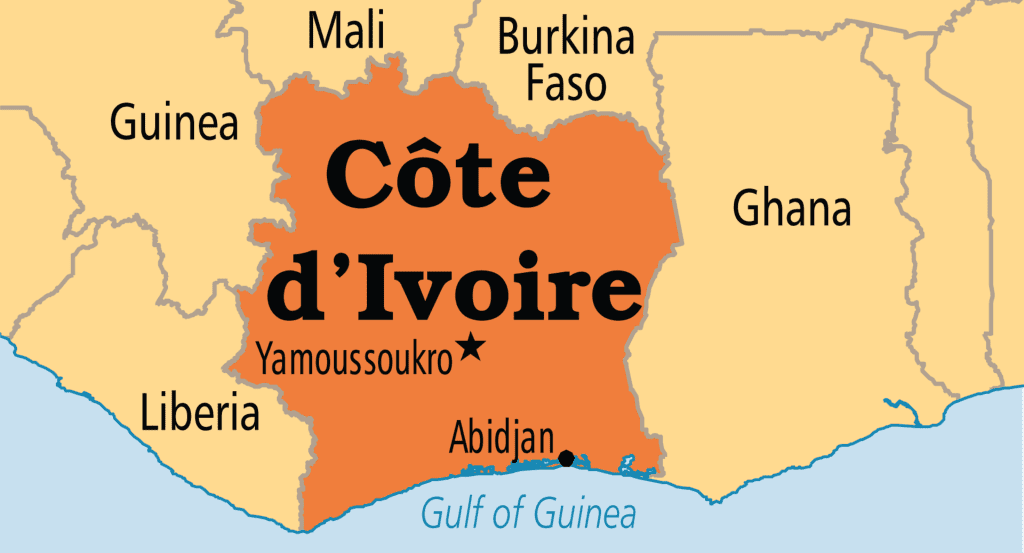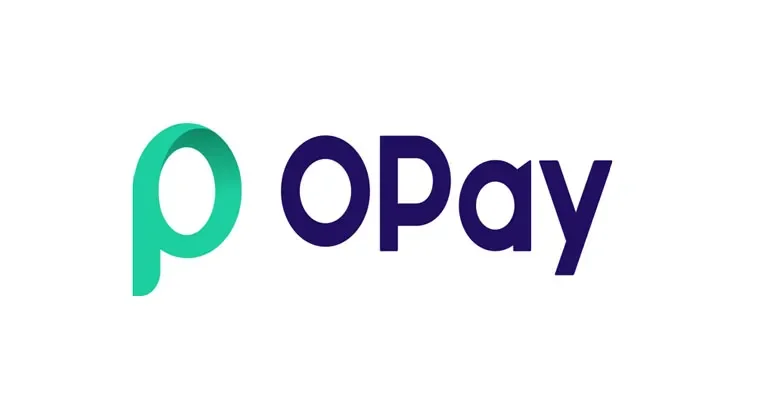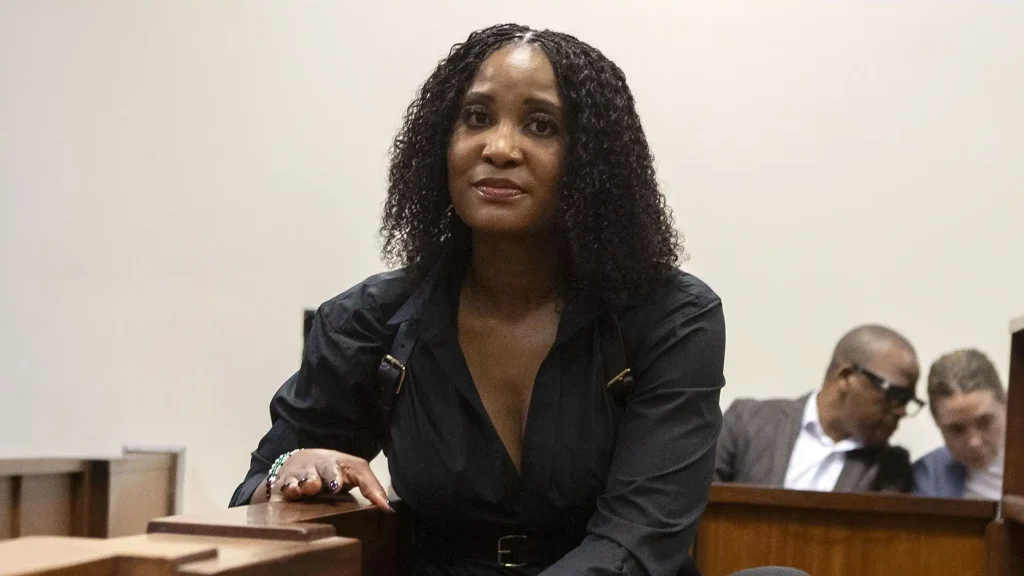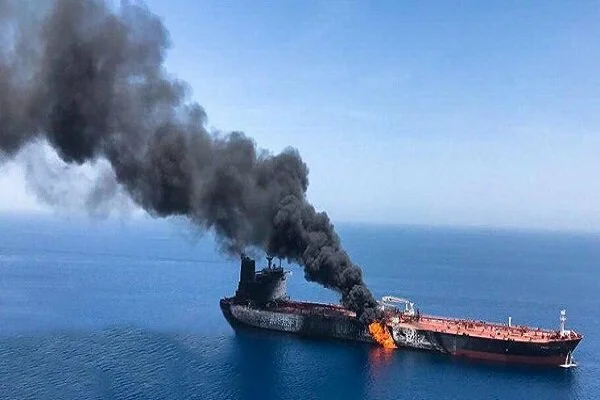Ivory Coast’s Economic Success: A Model for West Africa
Côte d’Ivoire has emerged as one of Africa’s fastest-growing economies. From 2012 to 2023, GDP grew at an impressive 7% annually, with projections of 6.5% for 2024 and 2025. While much of West Africa struggles with inflation and stagnation, Ivory Coast continues to attract investment and expand its industries.
- Several factors contribute to this success:
Youth unemployment remains low at 5%.
GDP per capita reached $2,900 in 2024, the second highest in West Africa after Cape Verde.
Inflation stands at 3.8%, far below the regional average of 21.6%.
Electricity access surged from 34% in 2013 to over 90% in 2024.
A $10 billion offshore oil and gas project will likely push oil output to 200,000 barrels per day by 2027.
DON’T MISS THIS: Hollywood Director Arrested for Netflix Fraud: $11 Million Spent on Luxury Cars, Crypto, and Antiques
Previously dependent on cocoa, Ivory Coast has successfully diversified its economy. Today, services and industry account for over 75% of GDP. President Alassane Ouattara, a former IMF official, has prioritized infrastructure development and investment incentives. As a result, foreign investors continue to show confidence in the country’s growth.
Challenges Ahead: Political Tensions and Economic Risks
Despite these achievements, Ivory Coast faces critical challenges:
- A Weak Education System – A shortage of skilled labor threatens long-term economic sustainability.
Oil-Led Growth Risks – Heavy dependence on oil and gas could make the economy vulnerable to market fluctuations.
Political Uncertainty – President Ouattara, now 83 years old, may seek a controversial fourth term in the upcoming 2025 elections.
Political instability remains a major concern. Memories of past conflicts and strong opposition could undermine investor confidence. As the election approaches, maintaining stability will be crucial for continued growth.
Key Takeaways: The Road to 2025
With elections on the horizon, Ivory Coast must navigate political uncertainty carefully. The country has proven that structural reforms, foreign investment, and strategic development can drive economic progress. However, stability and smooth leadership transitions are equally important.
The world is watching. If Ivory Coast balances economic ambition with political maturity, it can solidify its status as a West African economic powerhouse for years to come.























